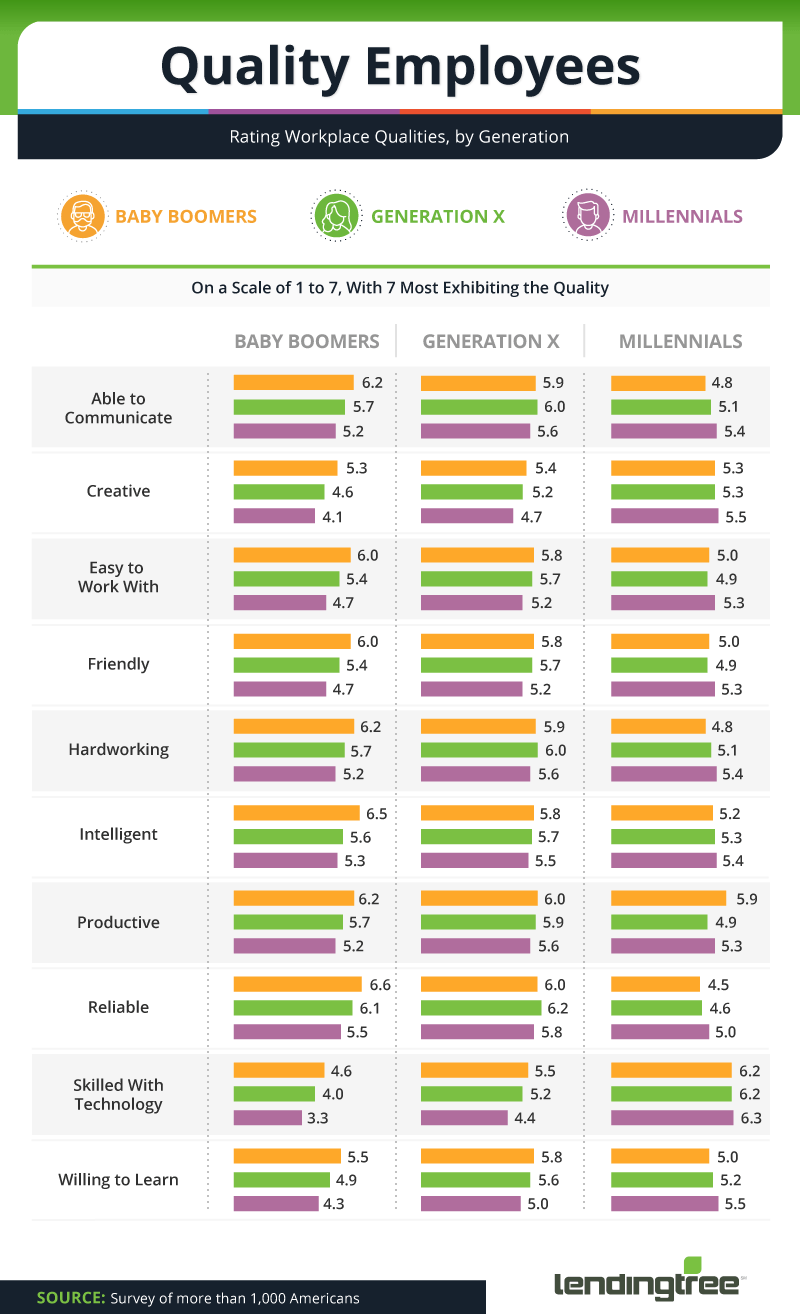Striking for a 28-hour work week: What happens when workers feel like they have the upper hand
Over the weekend while taking a break from freezing and shoveling snow, I caught this recent piece from the Guardian - German workers strike for the right to two-year, 28-hour working week'.
Turns out in Germany the combination of the traditionally strong position of workers and worker's groups, historically low unemployment, and a robust and growing German economy have conspired to put industrial workers, in this case the Metal Workers Union, in a place where they can hold 'warning' strikes against employers as they advocate for a new benefit - the ability to reduce their hours to 28 per week for a period of up to two years. More details from the piece in the Guardian:
Workers have downed tools at more than 80 companies across Germany as the country’s biggest union stepped up its campaign for a 28-hour working week to allow employees to improve their work-life balance.
In what is shaping up to be the biggest industrial dispute in the metalwork sector in three decades, more than 15,000 employees took part in warning strikes at factories including those of the carmaker Porsche.
The IG Metall union, which represents around 3.9 million workers, wants every employee in the metal and electrical sector to have the option to reduce their working hours for a total period of two years, with the automatic right to return to full-time employment afterwards.
Later in the piece we learn that this reduced working week proposal is centered around the need for improved work-life balance for workers, particularly in times when they have more elder or child care responsibilities. Certainly anyone who has dealt with or is currently dealing with the constant struggle to balance family and personal care needs with work would appreciate the benefit for which the German workers are advocating.
Before you pass off this as another 'Coddled European workplace' story and dismiss its importance or relevance for most of the rest of us, think about this.
The conditions here in the US are not all that different than what is happening in Germany, and in many other developed countries right now. Unemployment is at or near decades-long lows. Skilled workers are incredibly hard to find (and to retain). In manufacturing and other heavy industries, long tenured and older workers are retiring much faster than they can be replaced with new talent. And finally, more and more American workers are also struggling with elder and child care needs, and making the balance with work and these personal obligations work. In fact, we did an entire recent HR Happy Hour Show on this topic.
The main difference, you would rightly point out, in the story in Germany and the labor relations environment here in the US is the US worker generally does not have strong union/labor council representation that can advocate for these kinds of benefits and policies. And that is a big caveat, I admit.
But all the other conditions are present, if not more acute here in the US. In fact, the US unemployment rate is about 4.1%, much lower than in Germany right now.
So the thing to think about might not be 'What will I do when the workers agitate for 28-hour weeks?', but rather, 'Am I / we prepared for a labor environment where we (the employer), have even less power and influence than we have today?'
And, 'Are we prepared for a world where we don't choose employees, but rather one where employees choose us?'
Have a great week!

 Steve
Steve



